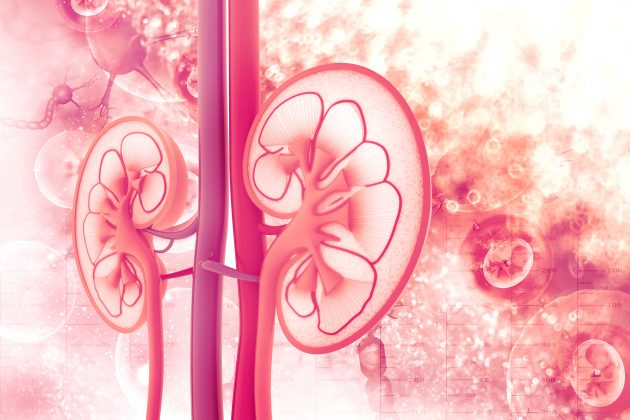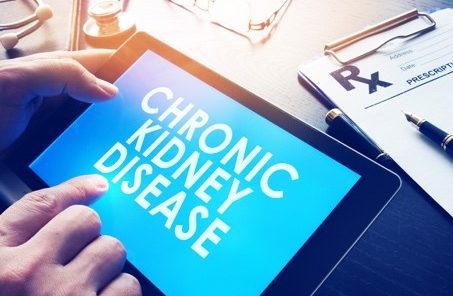The cost-effectiveness of adding pembrolizumab to chemotherapy for advanced or recurrent endometrial cancer (EC) was assessed using data from the NRG-GY018 trial. In patients with mismatch repair-deficient (dMMR) EC, pembrolizumab yielded an incremental cost-effectiveness ratio (ICER) of $41,305.09/quality-adjusted life-years (QALY), providing 4.05 additional QALYs at an incremental cost of $167,224. Similarly, in those with mismatch repair-proficient (pMMR) EC, pembrolizumab resulted in an ICER of $90,284.80/QALY, delivering 0.93 extra QALYs at an incremental cost of $83,661. Sensitivity analyses underscored the influence of pembrolizumab cost and disease progression on the outcomes, while probabilistic sensitivity analysis confirmed its cost-effectiveness at a 100% probability with a willingness-to-pay threshold of $150,000 per QALY.
The study concluded that combining pembrolizumab with chemotherapy appears to be cost-effective for both patients with dMMR and pMMR EC in the United States, offering valuable insights for healthcare decision-makers. These findings shed light on the economic considerations associated with integrating pembrolizumab into treatment protocols for advanced or recurrent EC, aiding in resource allocation and patient care decision-making in this context.
Reference: Huo G, Song Y, Chen P. Cost-effectiveness of pembrolizumab plus chemotherapy for advanced endometrial cancer. J Gynecol Oncol. 2024 Apr 8. doi: 10.3802/jgo.2024.35.e86. Epub ahead of print.









